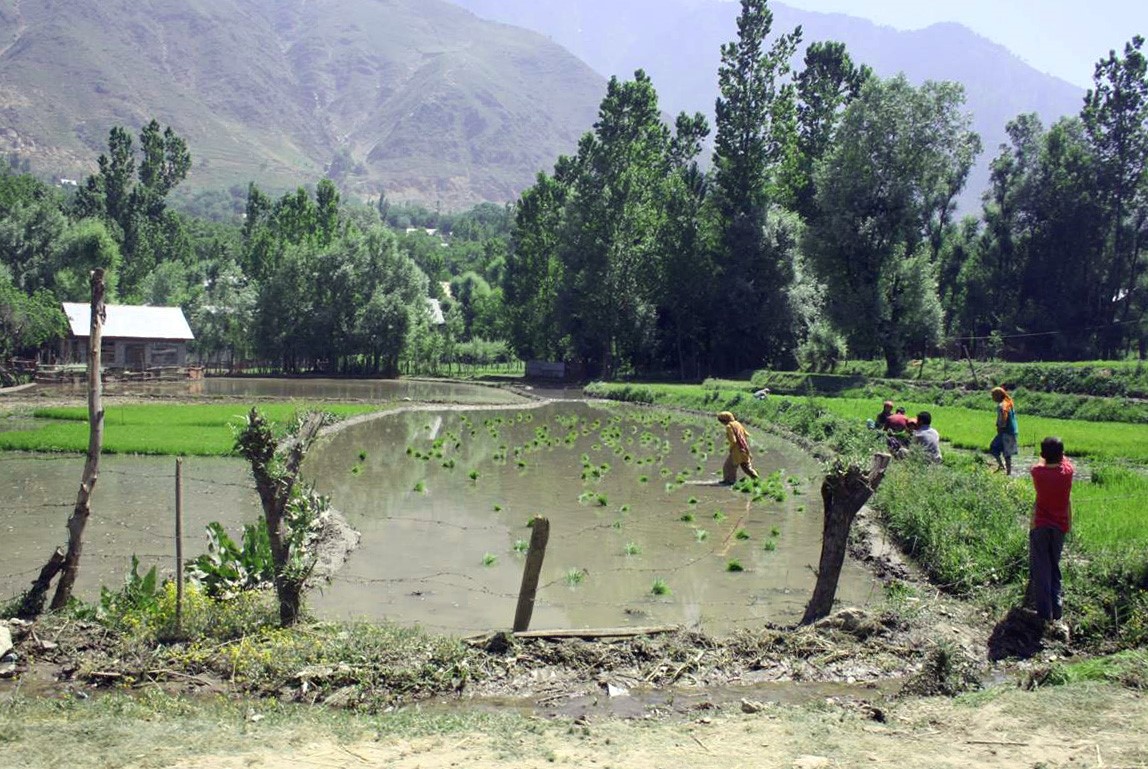– Dennis Stolz and Karen P.Y. Lai –
While the 2008 global financial crisis created financial meltdown as well as socio-economic crisis of unprecedented scale, the super-rich capitalist class is also using financial logics and instruments in philanthropy as a vehicle to soothe critics of global finance. With a new profit-oriented model of philanthropy, ultra-wealthy elites intend to reinvigorate capitalism as such, and especially the faith in finance as the engine of social progress. At the apex of this movement are powerful U.S. foundations such as Gates and Rockefeller. Along these lines, these foundations and other high net worth individuals around the world are funnelling copious amounts of money into global ‘development’ today, resulting in large flows of funding into social enterprises in the Global South. These philanthropic activities – called impact investments – leverage on the power of finance: what was formerly a purely donation-based transfer of funds between a benefactor and a recipient now becomes an investment targeted at a problem.
Social enterprises are supposed to provide basic goods and services via market exchange, mostly to populations in remote geographies of the Global South. In this vein, elite philanthropy creates a powerful development narrative of ‘serving the underserved’. It induces private foundations to collaborate with development banks, agencies and regulatory authorities, especially in Africa and Asia. The global scale of their activities requires a reliable market infrastructure and globally networked financial industry to facilitate corresponding investments in ‘sustainable’ economic activity and ‘development’ projects in sectors like microfinance, rural energy, water and sanitation, education, health care and social housing. These proceedings coincide with the emergence of an institutional nexus, which we call the philanthropy-finance-development complex: it includes private foundations, foreign aid, states, rating agencies, think tanks, business intelligence and, most importantly, financial institutions.
The charitable sector today is one of the fastest-growing industries in the global economy. Spurred by the intensifying globalisation of capital, philanthropy has gradually become ever more subjugated to financial motives, financial markets, financial actors and financial institutions. In critical terms, the financialization of the sector is turning capitalist philanthropy into philanthro-capitalism. This transformation is defined as a spatial process of capital accumulation subjected to the imperatives of interest-bearing capital, in accordance with specific ideologies of development. This paper elucidates the logics, institutional arrangements and rationales behind this transformation process, the key actors and institutions involved, and the corresponding geographical landscape produced.

Photo: Rice crops in Kashmir tended by farmers who work with microfinance institutions for financing and crop insurance. (Source: Dennis Stolz, June 2014)
